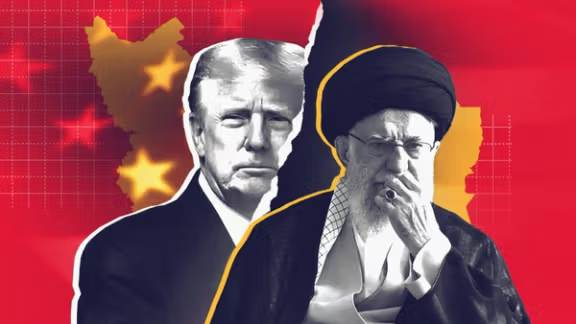During a 12-day Iran-Israel war last month, Trump said Washington was aware of Khamenei's hiding place and mooted potentially green lighting the killing of Iran's head of state.
Days after the conflict ended, two top Shi'ite clerics Ayatollah Naser Makarem Shirazi and Ayatollah Hossein Nouri Hamedani issued religious decrees or fatwas condemning to death those who would threaten the Supreme Leader. The fatwas were cited by Alireza Panahian, a cleric close to Khamenei, to repeat the call for killing Trump.
“The Iranian regime’s medieval and barbaric threats against the US president and others cannot be ignored – and must not go unanswered,” UANI said in a written statement.
UANI called on the US government to put sanctions on the Iranian leader and his son and all who ordered or repeated such a religious decree.
Shirazi said in his statement: “Any regime or individual threatening the leaders of the Islamic nation and acting on those threats qualifies as a mohareb (enemy of God).”
In Shi'ite jurisprudence, the declaration of mohareb and the issuance of a fatwa make it religiously obligatory for devout Muslims to act.
“These calls are incitements to homegrown terrorist attacks and pose a serious threat to the president and US nationals—they should be treated accordingly,” UANI's statement said.








